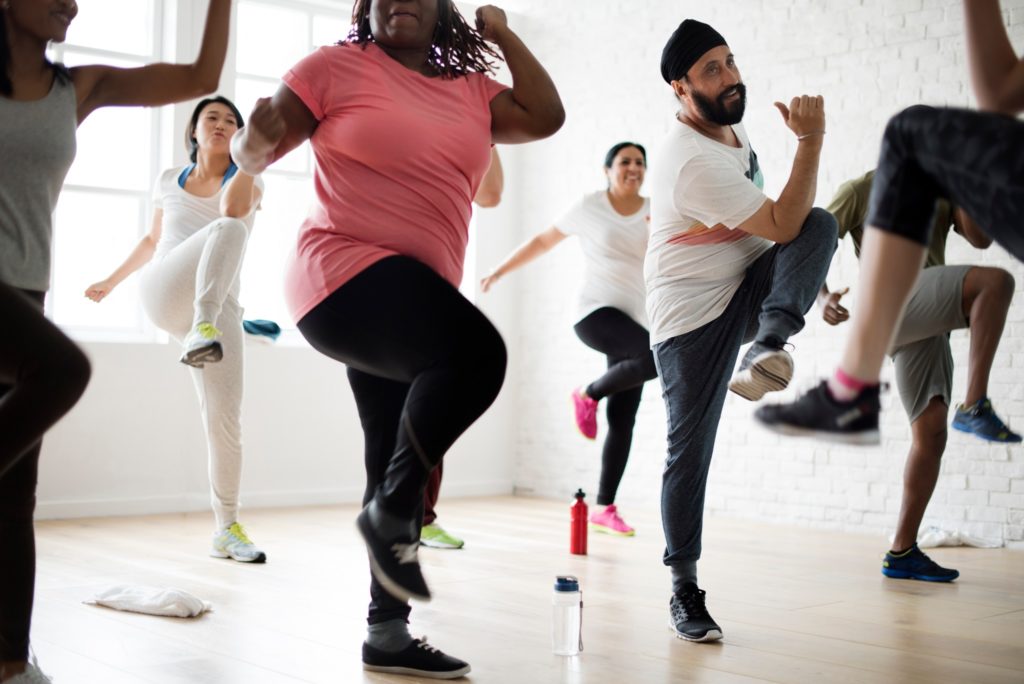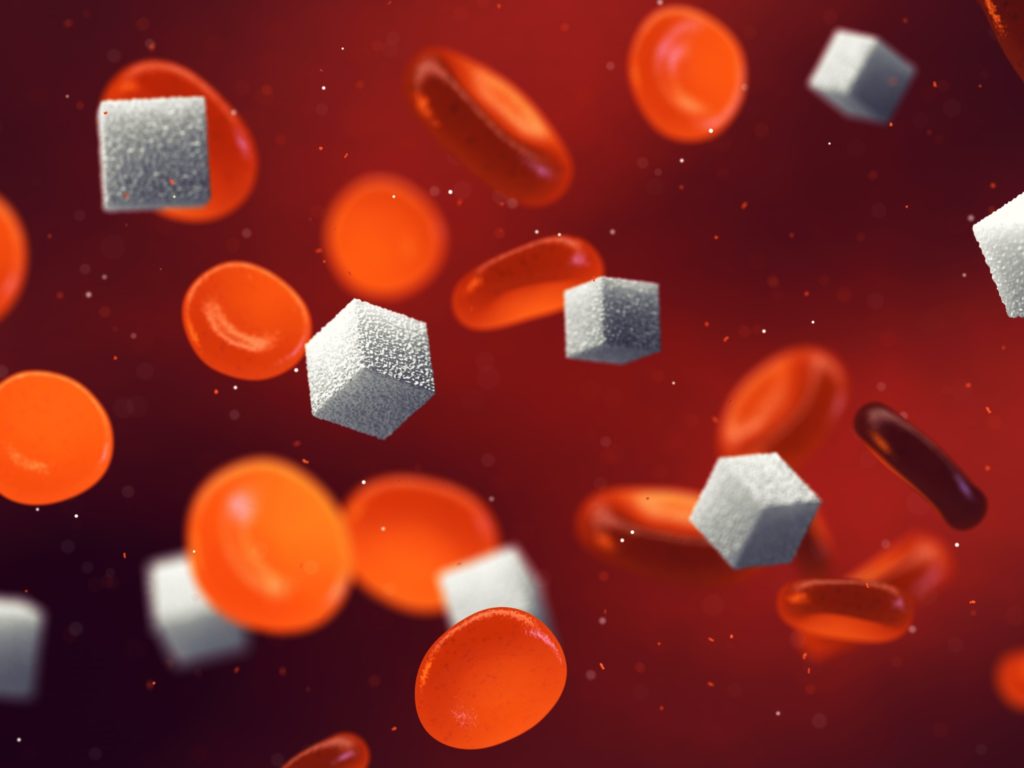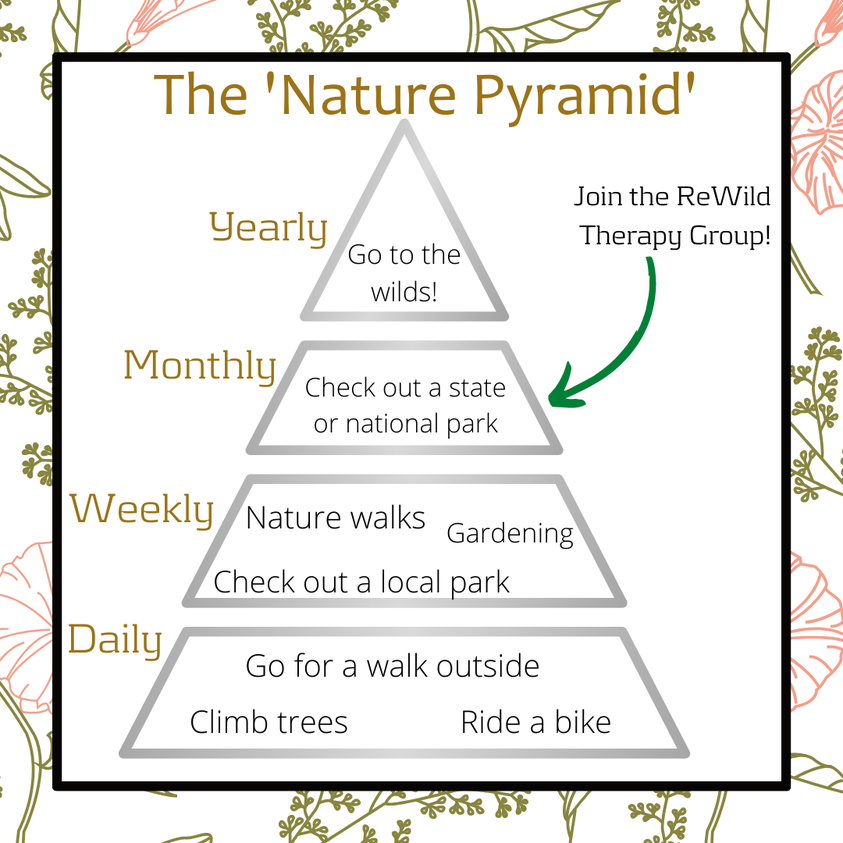As spring is about to give way to summer, many people want to get outside and move a little more than they may have been. School is wrapping up, schedules are shifting, and vacation days are approaching. If you feel the urge to add more exercise into your days, there’s a reason for it. There is a strong connection between movement and mental health, and your body is probably ready for it.
Here at Ancora Wellness, we are starting to dry out from a very soggy spring in the Pacific Northwest. Everything is lush, green, and vibrant, and we are also excited about boosting our movement and time in nature.
Our Hillsboro, OR, team is here to serve you through a variety of holistic wellness options. With counseling, nutrition support, acupuncture, and naturopathic medicine, we help treat the whole person. You can contact us to learn more about our offerings or to book your time with our providers.
Connection Between Movement and Mental Health

Have you ever seen the movie World War Z? In it, Brad Pitt has the line, “Movement is life.” (Well, first he delivers it in Spanish, badly. Then he gives the English translation.) Zombie movie aside, that line is pretty accurate, even when we aren’t in an apocalyptic movie.
Our bodies are supposed to move, and their design allows an incredible array of options in how we get exercise and movement. However, the typical Western lifestyle doesn’t do a lot to support that. With significant time in front of screens and sitting at desks, many of us aren’t getting the movement we need.
This lack of exercise has obvious physical consequences, but it also impacts our mental and emotional well-being. The connection between movement and mental health is strong, and research is starting to uncover the scientific causes behind this link. So if you find yourself craving a walk outside or a vigorous cardio session, there’s a reason for it.
Exercise and movement can contribute to all kinds of mental and emotional feel-good benefits, including:
- Reduced Anxiety
- Clear-Headedness
- Ability To Focus
- Sense of Connectedness
- Increased Confidence

We don’t yet know all the mechanisms to explain why movement benefits the brain so phenomenally. But we do know some key components that make exercise so crucial to our physical, emotional, and mental health.
Improved Blood Flow
Exercise improves blood flow throughout the body. When you have better blood flow, your body more effectively delivers oxygen and nutrients to every cell and more efficiently carries away waste. #winning
By boosting your blood flow, you reduce your risk of heart disease and other cardiovascular issues. You also increase the blood flow to your brain, which some studies link to a reduction in depression and improved cognition in older adults.
Improved Blood Sugar Regulation
Skeletal muscle contraction during exercise improves blood sugar regulation. This regulation keeps all of your organs, including the brain, in good working order. The exact mechanism is still unclear, but the action of simply contracting a muscle moves glucose into your body’s cells.
The only other way that happens is when the pancreas creates insulin to take sugar out of circulation. When muscles can do the work of moving glucose, it eases the burden on the pancreas.

Blood sugar dysregulation has a link to mood disorders. So the glucose movement caused by exercise helps keep the body metabolically healthy, evens out highs and lows of mood, and can even reduce anxiety.
Improves Overall Brain Function
When you exercise, the brain produces a chemical called brain-derived neurotrophic factor (BDNF). This exceptional chemical is like a nanny to your neurons, helping them grow and repair. It appears to work by protecting your brain’s cells from inflammation and may even contribute to the development of new brain cells.
BDNF is a powerful ally for your brain’s physical well-being, but it also helps combat anxiety and depression. As you exercise, your brain kicks into gear to produce BDNF, boosting your mood, memory, and overall brain function.
Improved Parasympathetic Tone in the Nervous System

Your nervous system has two primary components. The sympathetic portion has the job of keeping you on alert (read: stressed) so that you stay alive. This is the classic ‘fight or flight’ section of the central nervous system.
Meanwhile, the parasympathetic nervous system is the part of your brain that supports ‘rest and digest.’ Many of us are unfamiliar with this side of our brain’s operating system. It allows your mind and body to recover and recuperate from the stress you’re experiencing.
Getting outside helps kick your system out of ‘fight or flight’ and into ‘rest and digest.’ This mechanism alone boosts our hormone balance, metabolic health, cardiovascular health, mental health, and overall quality of life.
Whether you just take a calm stroll through your neighborhood or go for a vigorous run in the hills, being outside is the key to receiving this benefit. If you’re looking for new ways to get outdoors in the Portland Metro area, you can join Ancora’s monthly ReWild Therapy Group with Dan. This fun outdoor event gives you the benefits of movement and community!

All Movement Is Beneficial
Despite the constant bombardment of all the latest fitness fads and routines, you don’t need to overthink your movement goals. The connection between movement and mental health is there whether you push yourself to extremes or simply enjoy a walk with your dog.
As the incomparable Brad Pitt reminds us, “Movement is life.” He didn’t specify which type of movement.
We encourage you to find time each day to stretch, walk, run, or do whatever feels right to you. If you can get outside to do this, even better. And keep in mind that what your body needs may shift from day to day, so pay attention to the level of movement that feels supportive.
If you’d like a holistic and personalized wellness plan for your mental health and longevity, give us a call at 971-238-4408, or schedule online. At Ancora Wellness, you do not need a diagnosis or referral to receive treatment from our team of providers. We offer a collaborative, client-centered setting for your optimal health, serving Hillsboro, Oregon, and surrounding areas. We can’t wait to meet you!






